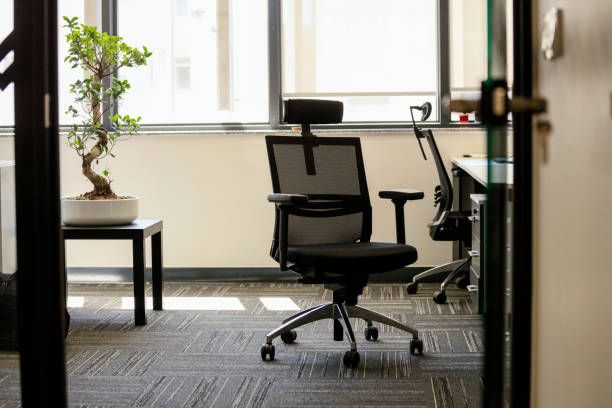Can You Dismiss an Employee On Sick Leave?
Reading Time:
Reading Time:

This is a surprisingly common question. It’s an unfortunate part of doing business, but from time to time, people need to be let go.
And this can be necessary even when you have an employee is suffering ill health and on long term sick leave. So the answer is yes, you can dismiss someone who's off sick - as long as you go through the correct disciplinary procedures.
To be clear, we aren’t talking about redundancy here. (That can occur during sick leave, but the rules are a bit different.) We are talking about the disciplinary kind of dismissal while they are on sick leave.
We’re talking about the termination of someone's contract of employment because they are unable to do their job or have behaved poorly. In other words - sacking them, firing them, giving them their marching orders.
There might also be other reasons they’re unable to do the job - like if it involves driving and they lose their license, or if they go to prison.
The key thing to remember about dismissal is that there needs to be a valid, justified reason for it - and there may well be, even if the employee is on sick leave.
Managers have to show they’ve acted reasonably given the circumstances, and kept things fair for everyone. That means they can’t dismiss someone for the same offence someone else got away with. And they need to give the appropriate amount of notice that’s in the employee’s contract.
Employees also have the right to get a written statement giving the reasons why they’ve been dismissed (if they’ve been in the job for over 2 years). For those on maternity leave, a similar statement is legally required, whatever their length of service.
Before considering a dismissal, questions need to be asked:
It’s also really important to keep in touch with an absent employee, to see how they’re progressing and find out if there’s anything the business can do to help.
Taking the above into account - yes, you can sack someone while they're off on sick leave. It’s possible to hold disciplinary procedures with an employee while they’re on sick leave - including those that result in dismissal.
For example, if a worker committed an offence while at work - let’s say harassing a colleague or stealing from the business - then went off on a long-term sickness. That issue would still have to be dealt with, otherwise they could just string it out as long as possible to stay employed and keep getting paid.
Employers always have to act fairly and in line with their policies. So in examples like this, they could sensibly wait a short time for the worker to return before arranging the disciplinary. They also have to keep things legal, of course; dismissing someone because of a disability, for example, has a good chance of breaking the law. If it seems like a necessity, it’d be wise to consult a legal professional for advice.
Even if they're on sick leave, workers might still be able to attend disciplinary hearings, and a company should try to make reasonable adjustments to make this happen. If they can't attend, and it can't be postponed until they're well, the employer can go ahead with the hearing in their absence.
Having someone off because of a long term illness, soon on sick leave for a long time can, of course, be a strain on the resources of any company. But it’s a natural part of doing business - sooner or later, someone’s going to be sick, and companies have to prepare for that. But how long can this go on for, how long is reasonable for someone to be on sick leave before dismissal?
There is no fixed time period answer to this one, if the their prolonged absence has violated your company absence policy to a serious degree, and all procedures have been followed, then a dismissal is a valid option. As long as you document the reasons, follows procedure, and explore reasonable accommodations to help them, it’s a legitimate next step.
IceHrm absence management system is a cloud-based software designed for effectively managing employee leaves and absences. With its user-friendly interface, it allows HR professionals to easily track and record employee time off, including vacation, sick leave, medical leave, and other types of absences.